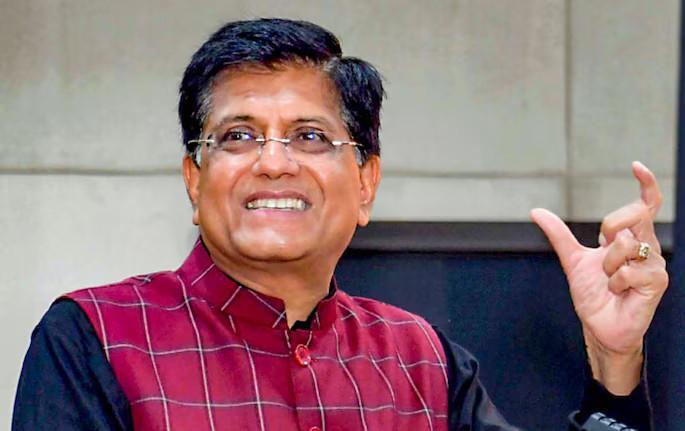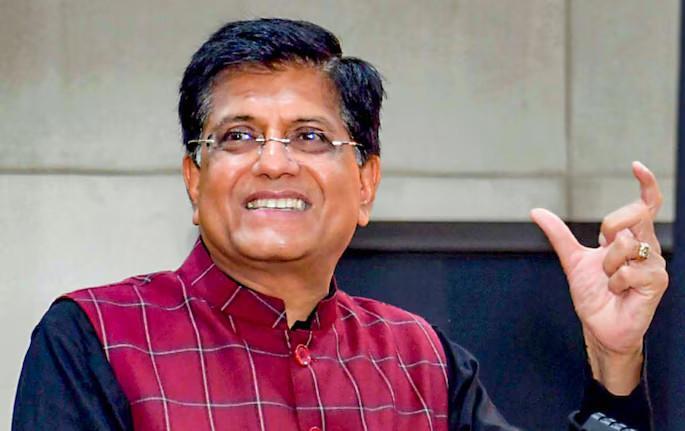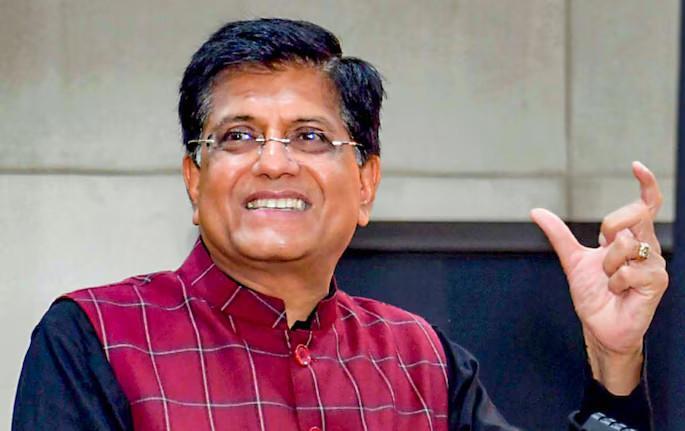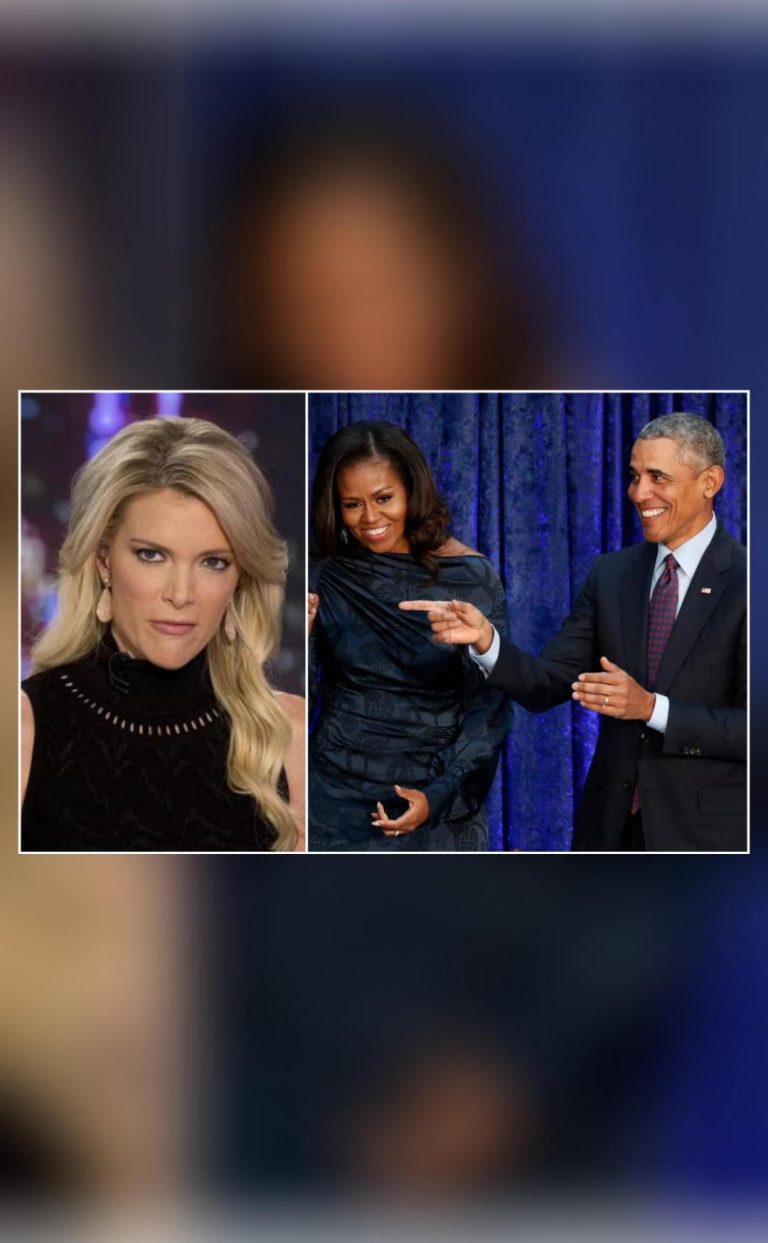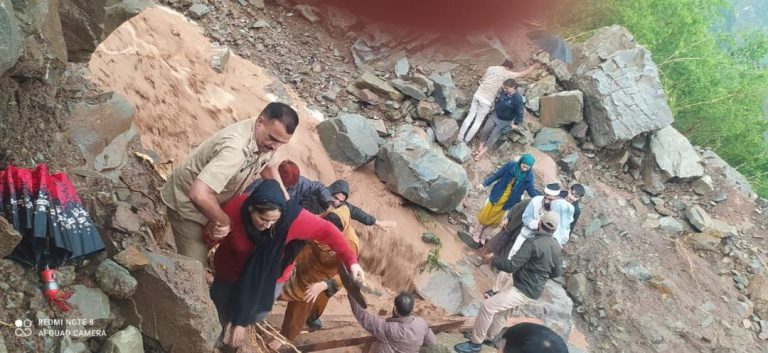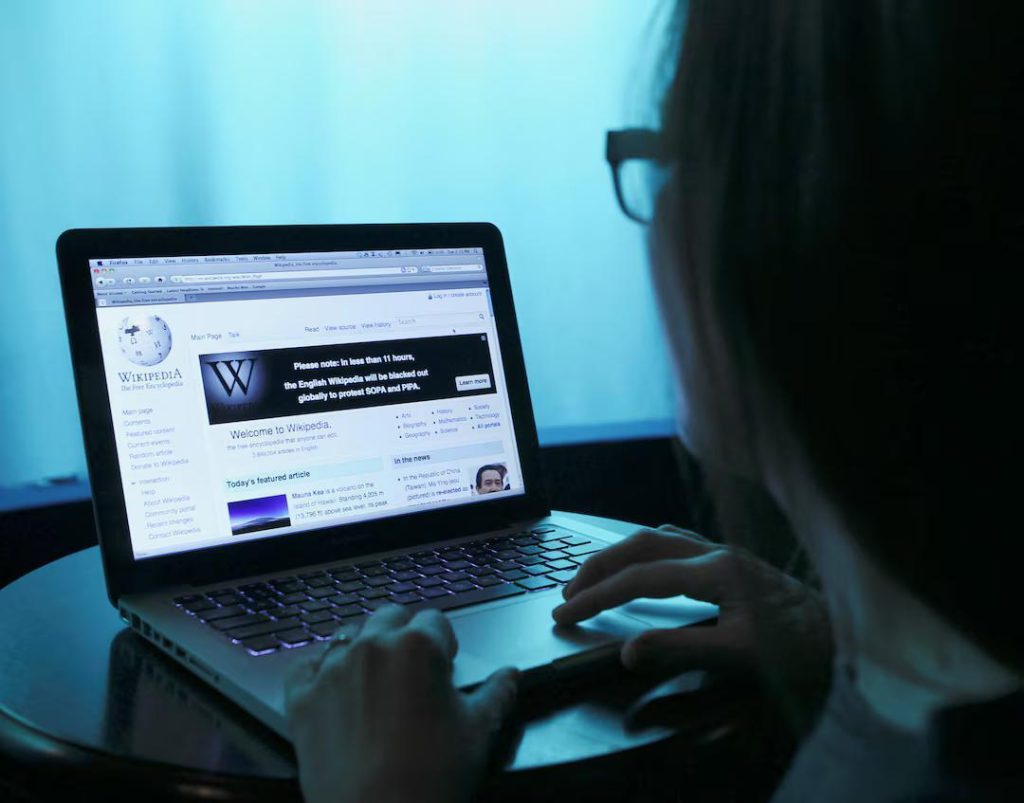
Wikimedia Moves SC to Quash Order to Remove Page about ANI Case
In a significant development, the Wikimedia Foundation, the parent organization of Wikipedia, has petitioned the Supreme Court of India to overturn a Delhi High Court order directing it to remove a page detailing its legal dispute with news agency ANI. The move comes as a warning to the Indian government, citing concerns about the potential “chilling effect on free speech”.
As reported by Reuters, the Delhi High Court had issued the order last year, directing Wikimedia to remove the page, which details the legal battle between the organization and ANI News Private Limited over alleged defamation. ANI had sued Wikimedia for describing it as an agency facing criticism for being the government’s “propaganda tool”.
The page in question is a part of Wikimedia’s “Wikileaks” section, which documents legal disputes and controversies involving the organization. The page details the allegations made by ANI against Wikimedia, including claims of defamation and harm to the agency’s reputation.
However, Wikimedia has argued that the Delhi High Court’s order would have a significant impact on free speech and the ability of the organization to document and report on issues of public interest. In its petition to the Supreme Court, Wikimedia has contended that the order would “censor” its ability to share information and would “silence” its voice.
“Removal of the page would have a chilling effect on free speech, as it would create a climate of fear and self-censorship among online platforms and individuals,” the petition stated. “Such an order would undermine the purpose of Wikipedia, which is to provide a platform for sharing knowledge and information, and would curtail the freedom of expression of users who contribute to the platform.”
The dispute between Wikimedia and ANI began last year, when ANI filed a lawsuit against the organization, alleging that a page on Wikipedia had damaged its reputation by describing it as a government-run propaganda agency. The page in question had been created by an individual user, and ANI had claimed that it was false and defamatory.
Wikimedia had initially refused to remove the page, citing its commitment to free speech and the importance of preserving the integrity of the information shared on its platform. However, the Delhi High Court had ordered the removal of the page, citing ANI’s allegations of defamation.
The case has sparked concerns about the potential impact on free speech and the ability of online platforms to document and report on issues of public interest. Many have argued that the order would set a dangerous precedent, as it would create a climate of fear and self-censorship among online platforms and individuals.
“This is a worrying development for free speech in India,” said Apar Gupta, a lawyer and founder of the digital rights organization, the Internet Freedom Foundation. “If the court’s order is allowed to stand, it would create a chilling effect on online speech, and would undermine the ability of platforms like Wikipedia to document and report on issues of public interest.”
The case is being closely watched by free speech advocates and digital rights organizations, who are concerned about the potential impact on the ability of online platforms to document and report on issues of public interest. The outcome of the case could have significant implications for free speech in India, and may set a precedent for future cases involving online speech and defamation.
As the case continues to unfold, Wikimedia’s petition to the Supreme Court highlights the importance of preserving the integrity of online information and the need to protect free speech. The move is seen as a crucial step in defending the principles of free speech and the ability of online platforms to document and report on issues of public interest.
